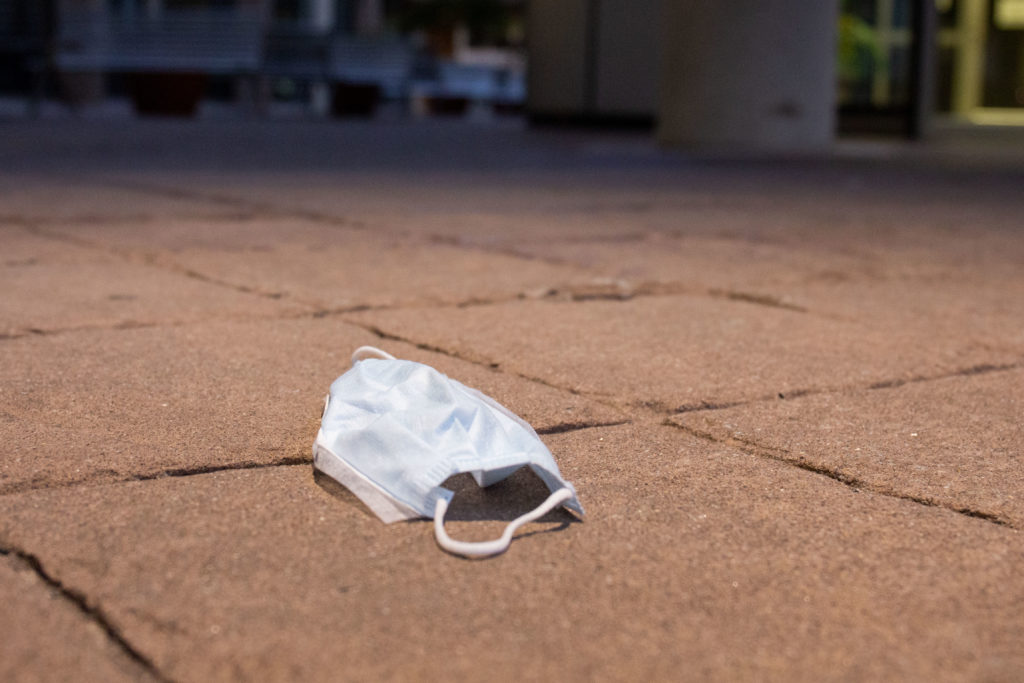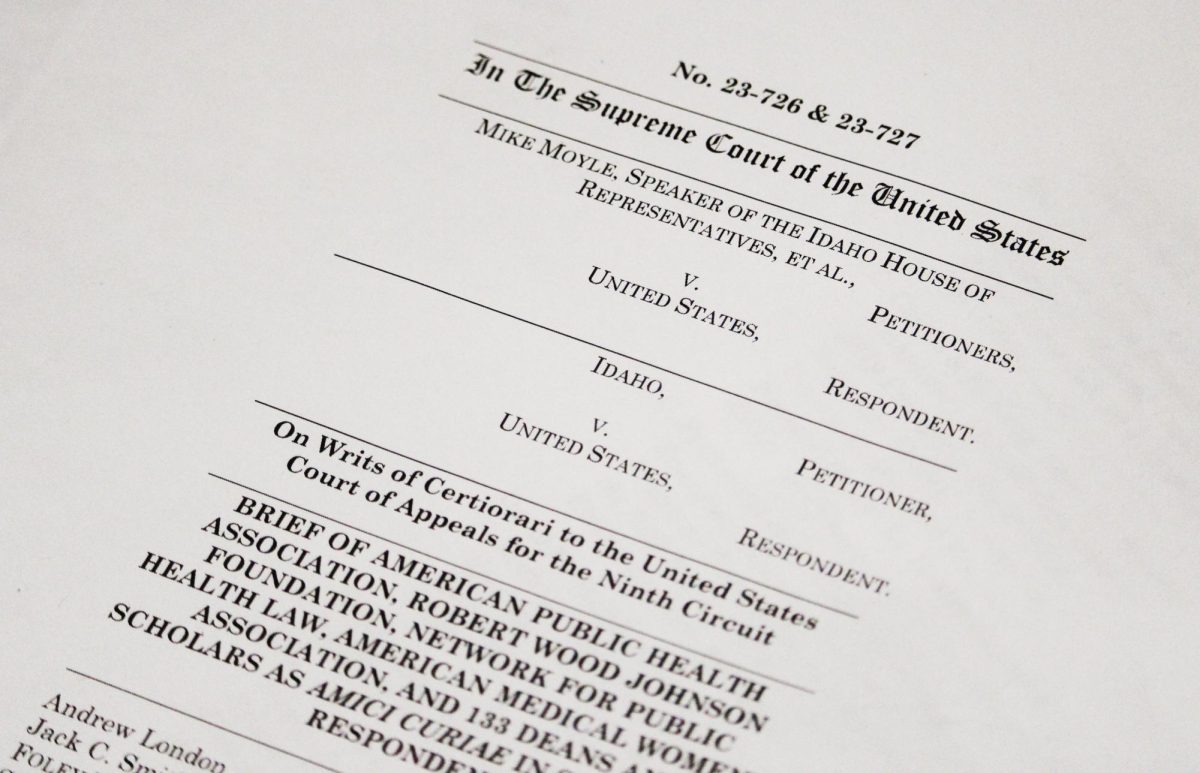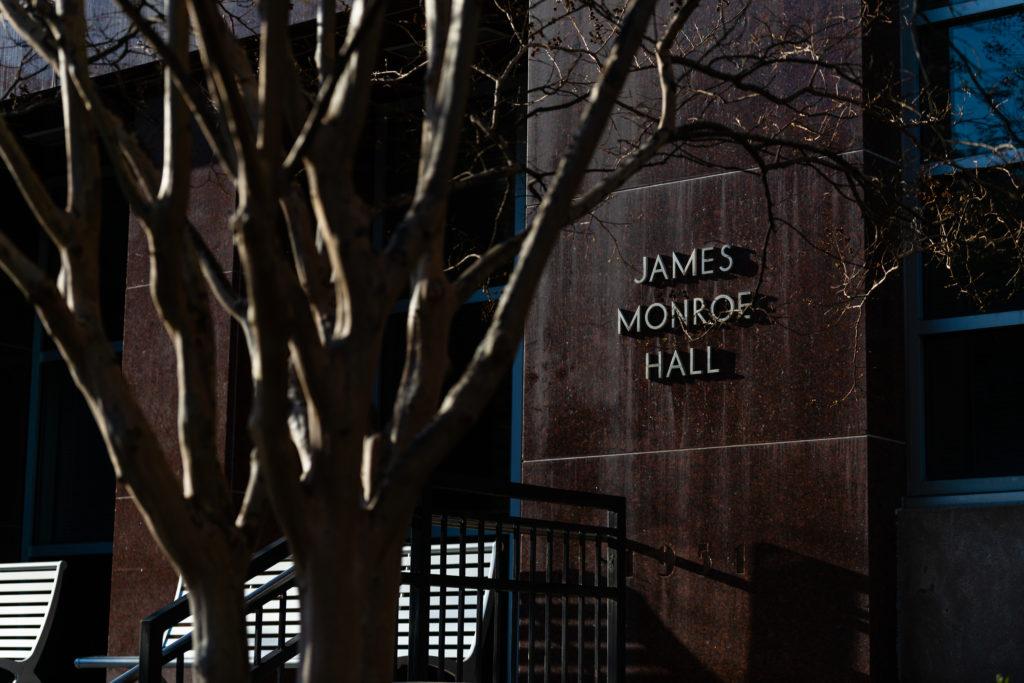At the height of the pandemic in the fall of 2020, Aileen Chang founded GW’s COVID Recovery Clinic to treat patients with symptoms of long COVID.
Two years later, Chang, an associate professor of medicine at GW, said the clinic housed in the GW’s Medical Faculty Associates has been shut down for four months because of staffing shortages in the MFA. Long COVID, which affects 1 in 3 U.S. adults who catch COVID, causes long-term symptoms like shortness of breath and a lingering cough for months following an initial coronavirus infection, according to the Centers for Disease Control and Prevention.
University spokesperson Lesley Swiger said patients’ long COVID care “transitioned” back to the MFA’s primary care office after the clinic closed.
“Our free-standing long COVID clinic is no longer in service, but instead, we have transitioned this care for our patients back into the primary care office, where strong comprehensive care will be of further benefit to patients on their post-COVID recoveries,” Swiger said.
Swiger said the transition allows the MFA to “broaden” patients’ access to care, while still referring patients to specialist physicians, physical therapists and other healthcare team members. Swiger declined to say why the clinic closed or how many staff were employed at the clinic and did not specifically say how patients’ care will expand.
“At the GW Medical Faculty Associates, we are proud to have offered one of the D.C. metro area’s first long COVID clinics, which has enabled us not only to serve our patients but also to learn a lot about caring for the illness,” Swiger said.
GW’s Center for Integrative Medicine started hosting virtual group sessions about different topics like nutrition, rehabilitation, integrative treatment and mindfulness for individuals struggling with long COVID in early September. Johns Hopkins University also runs a post-COVID-19 care clinic to provide specialized care to long COVID patients.
The most common symptoms of long COVID are a lingering cough, shortness of breath, fatigue and heart palpitations. Long COVID also causes neurological symptoms like brain fog, sleep problems, dizziness, depression and anxiety.
Aileen Chang said the clinic provided symptomatic treatments, which sought to mitigate a patient’s symptoms for those with long COVID struggling to return to their normal day activities. She said the GW Center for Integrative Medicine – GW’s contemporary and alternative medicine practice – is still seeing long COVID patients. Chang said people experiencing symptoms of long COVID can see specialized GW doctors, like those who focus on cardiology, physical therapy and other musculoskeletal issues that stem from long COVID.
“The most important message that I try to give patients right now is that after recovering from COVID it’s really important to give your body the time to rest that it needs so that it can recover after the infection,” Chang said.
Chang said treatments at the clinic included prescribing blood pressure medication for patients whose blood pressure would drop when standing up, prescribing patients struggling with depression or anxiety with antidepressants and assigning physical therapy to patients with joint pain.
“There are a lot of different presentations that come with long COVID and just being patient and trying to understand where the patient is coming from can be really helpful to helping them on a track to recovery,” Chang said.
Olivia Schwinn-Clanton, a junior majoring in public health, said she started showing symptoms of long COVID a month after catching the virus this May and is worried her fatigue symptoms will hurt her work as an EMT, which requires her to lift patients and heavy objects. She said she has trouble falling asleep at night because that is when her cough is the worst.
“Whenever I cough I’m always afraid that people are going to assume that I’m sick and have something,” Schwinn-Clanton said.
She said her doctor prescribed an albuterol inhaler – commonly used for respiratory conditions like asthma and bronchitis – as the only form of treatment she’s received for her symptoms. Schwinn-Clanton said she encourages people who think they might have long COVID to see a health professional because they can offer insight into symptoms and potential treatments for the condition.
“Still be cautious that there is a pandemic and that it still can affect you, and you should be aware of your surroundings and who you’re interacting with and what you’re doing that could put yourself at risk to get sick,” Schwinn-Clanton said.






